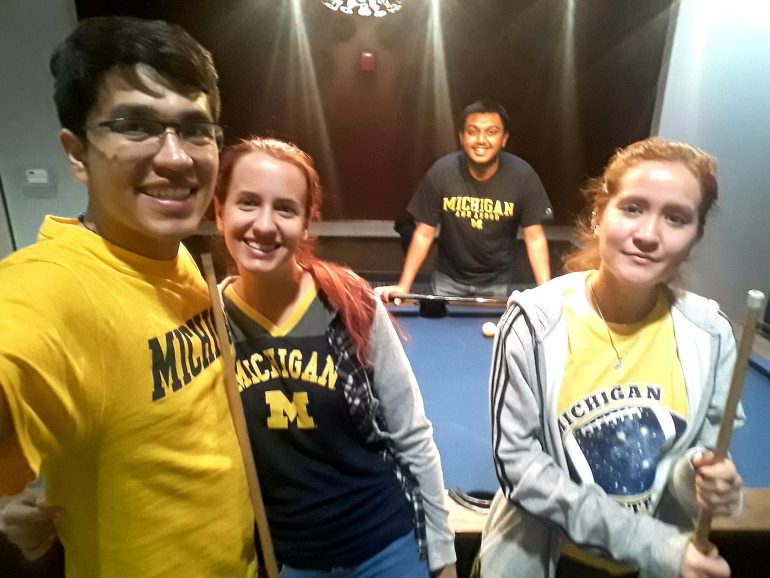
Community college students: Tips on deciding where to transfer
Congratulations! You got accepted to transfer to some of your favorite schools. Your hard work and dedication in high school and community college has separated you from all the other applicants and now all these remarkable universities want to welcome you into their campuses. However, now you face a new issue: how are you supposed to know where to go? You can’t attend two schools in different corners of the country, so you must choose between them. Before we dig in into this topic, let me give some quick advice: Do not select your school only for its name. Now that we are clear in what not to do, here are some elements that might help you make an informed decision.
Money
Cost of education has skyrocketed during the last decades drowning many graduates into student loans for years. If you are eligible for financial aid, make sure to take a deep look into your financial package. Analyze how much money each school is offering you in grants, loans, and work study in order to compare them to their cost of attendance. Remember that if you are planning on leaving your current town, you will need to account not only for tuition and fees, but also for food, housing, and transportation. When you are doing this analysis, do not assume that your in-state school is your best option because it seems cheaper. For many of my friends and I, out-of-state institutions offered us a remarkably better package of grants than what our in-state school did.
Weather
Let’s say that you are fortunate enough that your family can afford any institution you want to transfer to or more than one school is offering you a full ride. If you are in this selective group, you might want to consider weather as part of your decision. Let’s say that you are from a northern state and you are considering moving to South Florida. Are you sure you want to live your next couple of years in a never-ending summer? Or what if it is the other way around? If you are originally from Florida and all you have experienced is summer, are you willing to transfer to a state like Michigan or Wisconsin where it can easily snow for five months? You need to be happy where you are at and the weather can play a big part in that.
Happiness
Weather and money aren’t breaking the tie? Base your decision on what will make you happier. I know it can be hard to know what school will actually make you feel more welcomed and happier, but you can start by asking yourself the following questions. If you transfer to either of your choices, will you go alone or is there a friend that might go with you? Transferring with someone you know that can support you and help you in this new transition can make a huge difference. How is the student life at both schools? Make sure to do the appropriate research and see the universities’ traditions. What school resonates more with your own values? Can you visit either school and walk around town? If it is possible, try visiting both schools and pay close attention to their culture. Are they friendly and welcoming? Or do they look exhausted and mean? Being able to see these things can be a good representation of if you think you’ll be happy there and actually like going to school.
Once again congratulations, not many students have the privilege of saying that they are having trouble picking between two or more amazing institutions that accepted them. I hope these points help you make an appropriate decision. If none of these factors broke the tie, then refer to each school’s ranking. However, just remember that for any employer, their expectations and prestige will be the same for an engineering graduate from Georgia Tech, University of Texas, or University of Michigan; or a politician graduated from Stanford, Harvard, or Georgetown. If you are on the top, one or two positions on the rankings will not matter.

